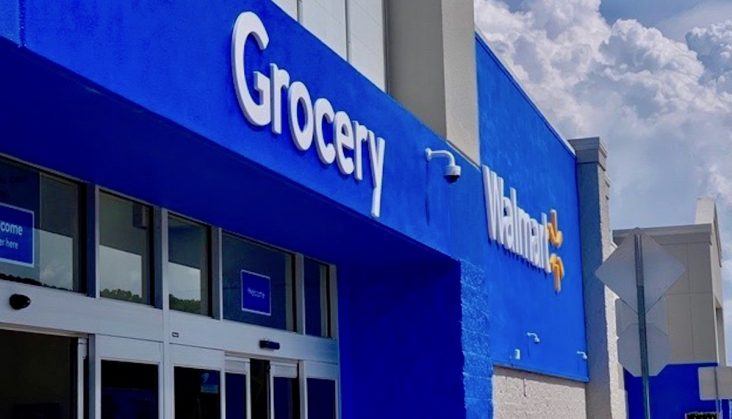Kantar: Walmart and Amazon lead as top global retailers
by March 24, 2022 4:24 pm 1,176 views

Among retailers, Walmart is the largest with global revenue of $538.15 billion last year, more than $200 billion more than Amazon which ranked second with retail revenue of $330.2 billion, according to Kantar Retail which ranks the top 50 global retailers each year for the National Retail Federation.
The NRF cited Walmart for divesting from weak international markets, most recently South Africa, while building up its omnichannel marketplace and in-store services. Leveraging its logistics network, it now provides shoppers with a broad range of ways to buy across all platforms.
Walmart is also credited with making significant investments in third-party marketplaces, in-store services and fulfillment models. NRF said Walmart is creating new opportunities to gain shoppers with higher incomes that might normally gravitate to Amazon. Walmart also continues to expand online access shopping for lower-income consumers in the U.S. and Mexico with value-priced internet access and new financial services.
Amazon was credited with expansion into new markets in Latin America and Asia and for expanding its in-house logistics to meet shopper expectations for fast and dependable order fulfillment. NRF also cited continued strong results from the Amazon Web Services (AWS) cloud group that helps to finance growth and new products and services.
Rounding out the top 5 on the Kantar rankings are German-based Schwarz Group with revenue at $158.58 billion. Discounter Aldi ranked fourth with revenue of $134.67 billion and Washington-based Costco was the fifth largest with global revenue of $187.16 billion. While Costco had higher revenue than Schwarz and Aldi, the wholesale club’s operations are smaller in scale with regard to the number of stores and customers served.
In 2022 and beyond, Kantar expects more investment in stores with a large number of remodels and a limited number of new store openings. In-store digital technology like smart shelving and frictionless purchases are expected to be a major competitive differentiator.
The trade group said omnichannel access is expanding to lower-income groups, while greater use of small autonomous vehicles for fulfillment at a time of limited staffing is already evident in cities and on campuses. Next year’s evaluations will be based more on how well new formats address changed shopper needs and the success of global procurement strategies, according to NRF.
“The second year of the global pandemic challenged global retail in 2021 as it did in 2020,” said David Marcotte, senior vice president, global insights and technology at Kantar. “And, just as in 2020, global retail emerged with far more revenue and profit as it managed changes in shopper needs and routines.”
